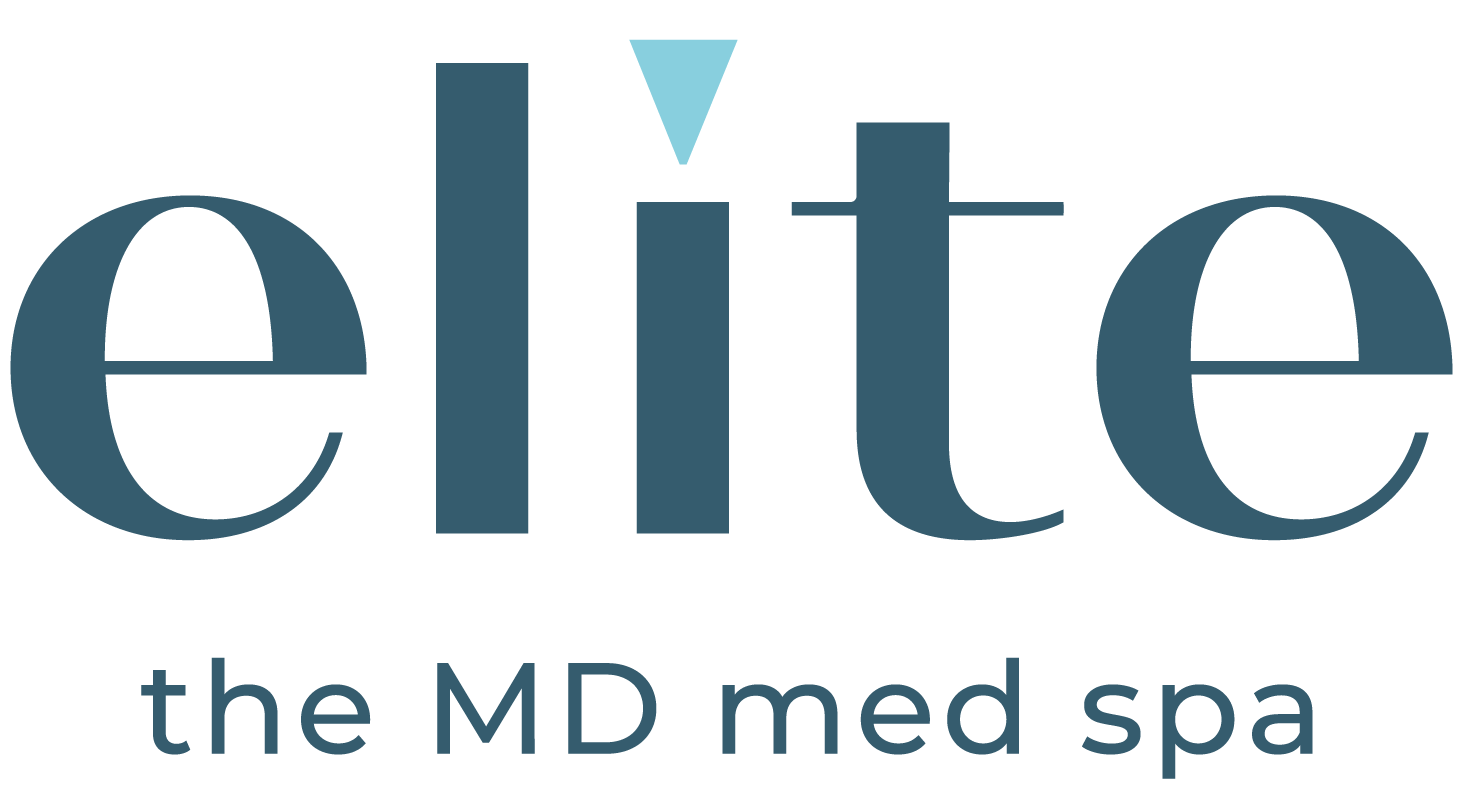
Platelet Rich Plasma
(PRP) is an exciting biologically-based treatment developed from the field of Regenerative Medicine.
PRP therapy has been safely and successfully used in hundreds of thousands of procedures worldwide for more than 20 years—including orthopedics and sports medicine and oral, neurological plastic and cosmetic surgeries. Because PRP uses your own cells, it is immunologically neutral and poses no danger of hypersensitivity or allergic or foreign-body reactions.
PRP “vampire” facial
A PRP facial is a short procedure that uses your own blood’s platelets and plasma combined with micro-needling. Once it has been absorbed into your skin, the PRP stimulates collagen growth resulting in:
Rejuvenated Akin
Tightened Wrinkles
Smoother & Brighter Cmplexion
While having one PRP facial can have great results, the more often you have a PRP facial, the longer the results of each treatment will last!
PRP Hair Restoration
Non-surgical hair restoration harnesses the power of PRP to stimulate the regrowth of natural, thick, healthy hair where thinning has occurred.
With a thin needle, your own Platelet-Rich Plasma (PRP) is injected into the scalp. Then the growth factors in your blood cells work in numerous ways to improve and regenerate hair by providing nutrition and promoting new blood supply to the follicle; increasing hair shaft size. Additionally, studies show the growth factors in PRP reduce inflammation in the scalp and turn on follicular stem cells.
PRP Pain Relief
Utilizing the body’s natural healing process platelets are injected into the damaged ligaments, tendons, and joints to promote tissue repair and accelerate healing. On average, an injured individual can get back to a pain-free life in four to six weeks. Results are a long lasting, permanent solution that will not wear off over time as with a traditional pain injection.
PRP is a non-operative, permanent solution for conditions such as:
Rotator cuff injuries, including partial-thickness
Shoulder pain and instability
Tennis and golfer’s elbow
Hamstring and hip strains
Knee sprains and instability
Patellofemoral syndrome and patellar tendonitis
Ankle sprains
Achilles tendonitis & plantar fasciitis
Knee, hip, and other joint osteoarthritis
Nerve entrapment syndromes, such as Carpal Tunnel Syndrome
Sacroiliac (SI) joint dysfunction and pain
Before + After Photos












